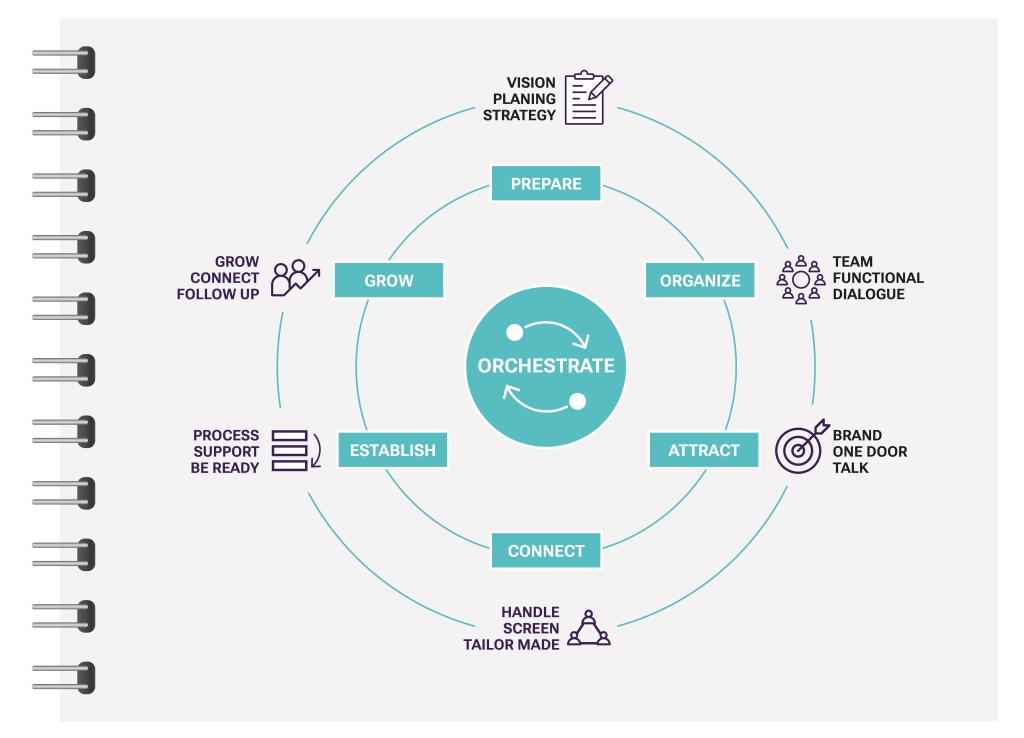What is BAS?
The abbreviation BAS stands for business attraction in small and medium cities and is the result of the ongoing ERASMUS project of the same name. The content is based on a handbook and in the form of an online training module. It should be emphasized that BAS is an EU-funded project and that both the handbook and the online training should function in all EU countries.
The training needs analysis has been conducted within the framework of the Erasmus + BAS project, developing digital business attraction skills through continuing vocational education and training (VET) at work in the local public sector, aimed at providing a range of modern approaches to online branding and marketing, helping staff of local authorities to build competitive place value propositions, accessible to a global audience.
For whom is BAS?
Both the toolbox and the digital learning platform are intended for public sector employees and civil servants to quickly and effectively get an overview of the most important factors about economic development and company relocation. The focus is on a simple and clear description of the most important tools and modes of operation.
The explanation of facts and functions based on a clear model (BAS model) is the central point of conveying the principles. Overall, it is about creating awareness for the topic of communication with and services for companies, both in the settlement process and in solving problems for existing companies.
Why BAS?
Business attraction is a vital component in national, regional and local strategies for sustainable growth all over Europe. New businesses, as well as investments in existing companies, can contribute with the desired know-how and capacity. An inflow of businesses brings new job opportunities and often has positive effects on local civil society.
In the last few years, there has been a general trend towards the digital transformation of services, made even more evident during the COVID emergency, and this also involves the field of business attraction. In fact, competition for businesses and investments is moving online. Proactive nations, regions and cities are building their visibility and reputation through a range of modern approaches to online branding and marketing. Competitive place value propositions are made accessible for a global audience. Social media is used to build relationships with potential investors. Digital readiness and flexibility are nurtured locally in order to quickly respond to investor contacts and requests.
To support the digital transformation, the municipal partners have identified the need for developing a range of new competences and skills among their employees, nurturing a competitive business climate, creating tailor-made digital place value propositions and putting together cross-functional teams with the necessary capabilities to attract and facilitate investments. There is a need to provide civil servants with new skills, insights, models and tools needed for making their places competitive for business investments on an international market and to leverage the potential of social media, digital platforms and services in the field of business attraction.

Project Number : 2021-1-SE01-KA220-VET-000028102
Support: admin@elearning.basproject.eu